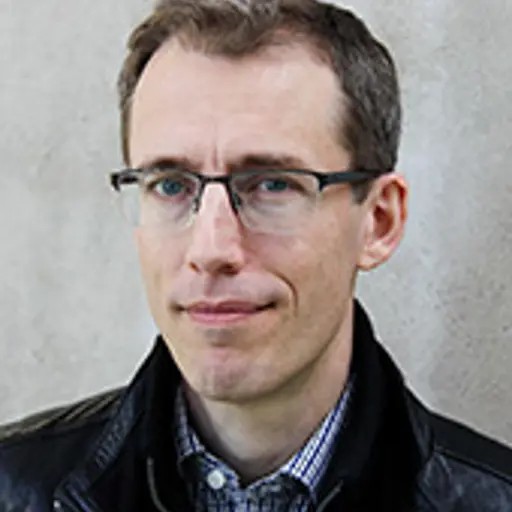

As environmental challenges intensify globally, the need for sustainable practices has never been more urgent. Life Cycle Assessment (LCA) has emerged as a vital tool for understanding and reducing environmental impact. This October, experts and practitioners in LCA from around the world will gather in Gothenburg to share insights and advancements in this essential field.
By assessing the entire lifecycle of a product or service, from raw material extraction to end-of-life disposal, LCA offers a comprehensive understanding of its potential environmental and social impacts. Swedish Life Cycle Center plays a pivotal role in promoting and expanding the use of LCA, bringing together academia, research institutes, industry and government agencies to advance the methodology and its real-world application.
“I am proud of Swedish Life Cycle Centers role in the continued advancements of LCA and the broad adaptation of the life cycle perspective that we see today. We know that having a life cycle perspective and using LCA is important to solve global sustainability challenges, and I think that it is time that we go from life cycle assessment to life cycle action,” says Maria Rydberg, Director at Swedish Life Cycle Center.
Expanding applications in emerging sectors
The application of LCA is expanding across various fields, including emerging sectors such as battery and textile technologies. Sectors like transport and methods such as toxicity assessment are undergoing rapid changes. This brings to light the challenge of wanting to have a consistent, comparable universal method with the need for local adaptation to ensure greater accuracy.
“Rapid changes in sectors like transport highlight the tension between applying a standard LCA method and adjusting it to local contexts. Forums like our upcoming symposium provide opportunities to reach new and meaningful agreements on improving LCA methodologies,” says Gregory Peters, Scientific Director at Swedish Life Cycle Center.
Addressing these evolving challenges requires collaboration across sectors. Together with SETAC Europe, Swedish Life Cycle Center will gather the European life cycle community to share the latest developments, showcasing ongoing research and practical applications that contribute to the field’s growth and development.
“We have a record-breaking interest in the conference, exceeding our expectations by more than double. That gives me great confidence that the conference will spark new ideas and collaborations that will drive further advancements in the field,” says Maria Rydberg.
Making LCA Meaningful
As demands in the field continue to evolve, the symposium’s theme, "Making LCA Meaningful: Good Data, Better Models, Sustainable Decisions," underscores the importance of rigorous methodologies in driving significant environmental change.
“The aim is to create an inclusive symposium on life cycle assessment and management with scientific rigor and broad industrial relevance. The theme emphasizes the need for good inventory data, robust models of industrial and environmental systems, and effective dialogue about the design and results of studies with decision-makers,” says Gregory Peters.
Learn more

About the conference
SETAC Europe 26th LCA Symposium takes place 21–23 October 2024 in Gothenburg, Sweden.

About Swedish Life Cycle Center
A competence center and collaboration platform working for the development and application of the life cycle field.
Contact

- Project Leader, Project and Centre Management, Technology Management and Economics

- Full Professor, Environmental Systems Analysis, Technology Management and Economics